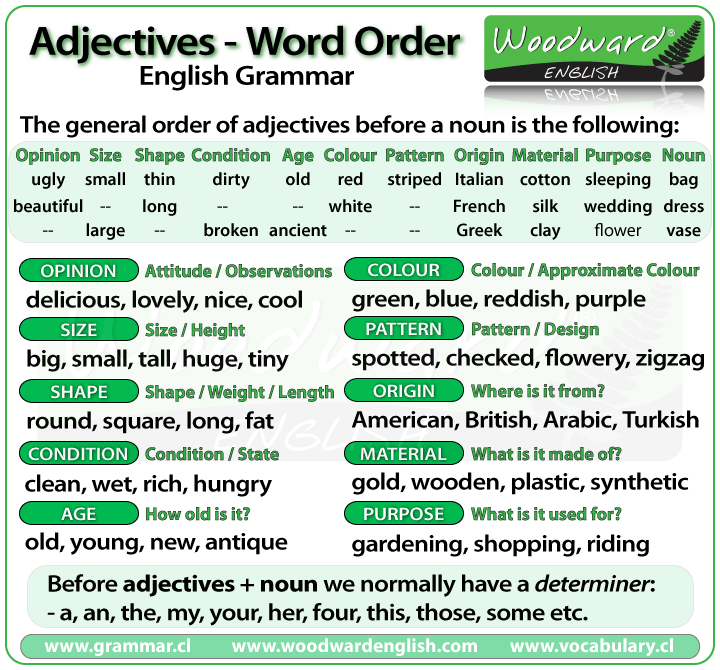Too and Enough :
Too and Enough are used with adjectives and indicate degree. Here we have provide you the different usages of Too and Enough, So and Such.
A. Too means ‘more is necessary or desirable.’
1. To + adjective / adverb
Ex: This jumper’s too big. Can I try a smaller size?
2. Too much / Too many (+ noun)
Ex: I can’t eat this. There is too much salt in it.
Ex: There are too many people here. Let’s go outside.
3. Too + adverb / adjective (+ for + object) + infinitive
Ex: It’s too cold to play tennis today.
Ex: He spoke too quickly for me to understand him.
B. Enough means ‘as much as is necessary’
1. Adjective / Adverb + enough
Ex: Are you warm enough or shall I turn the heating on?
2. Enough + noun
Ex: We’ll have to stand because there aren’t enough chairs.
3. Enough (+ for + object) + infinitive with to
Ex: I haven’t got enough time to see you today.



